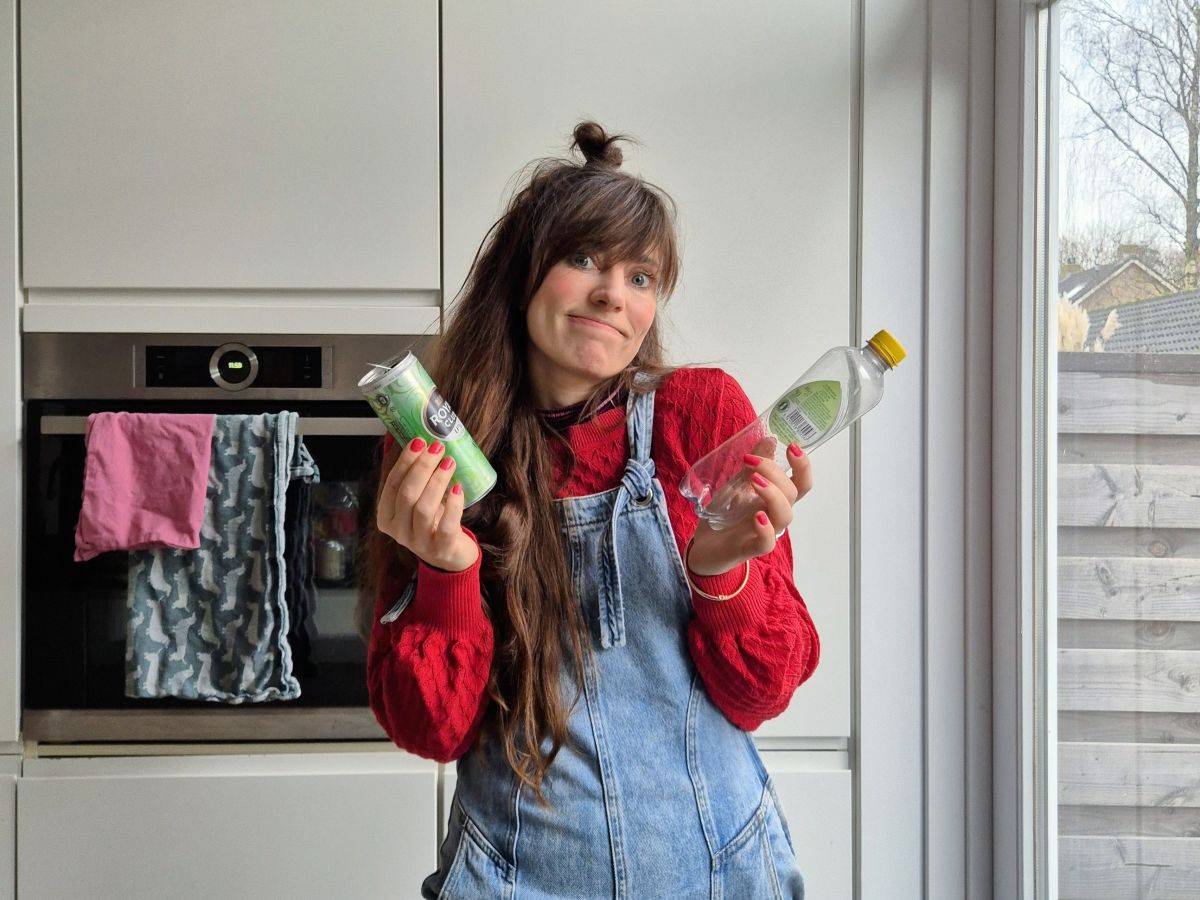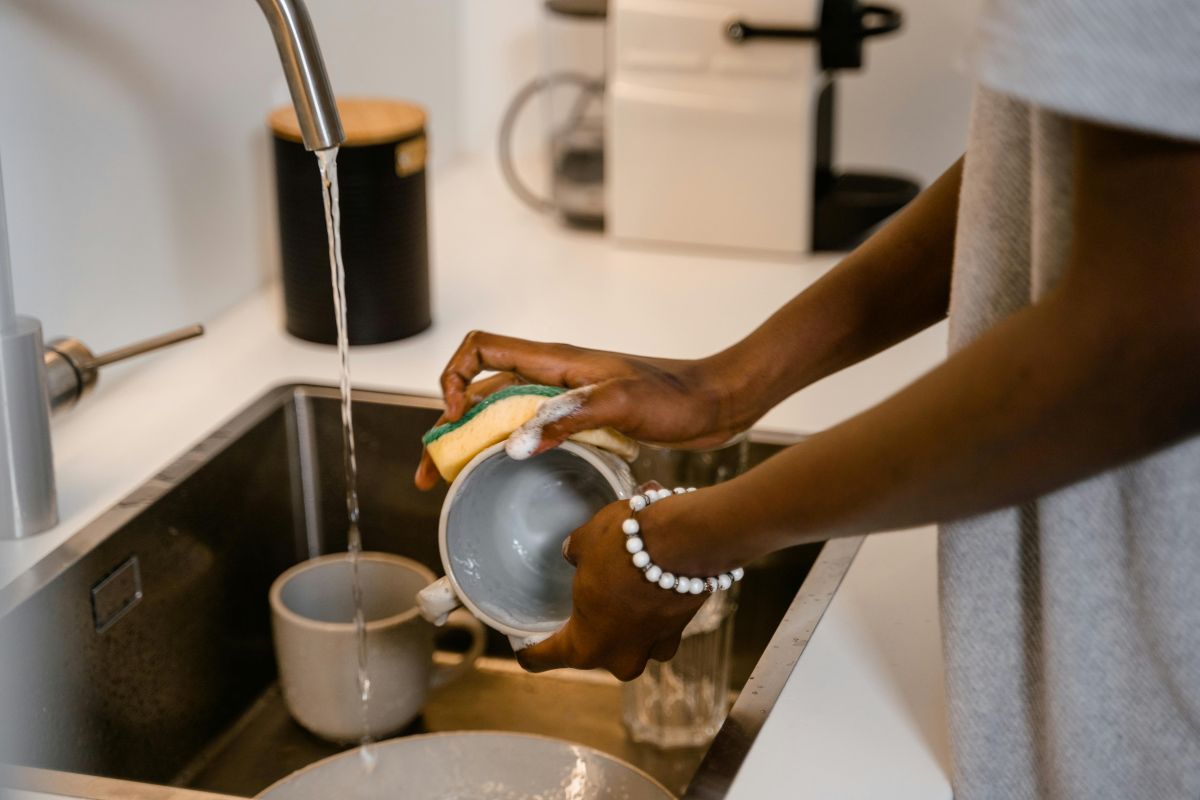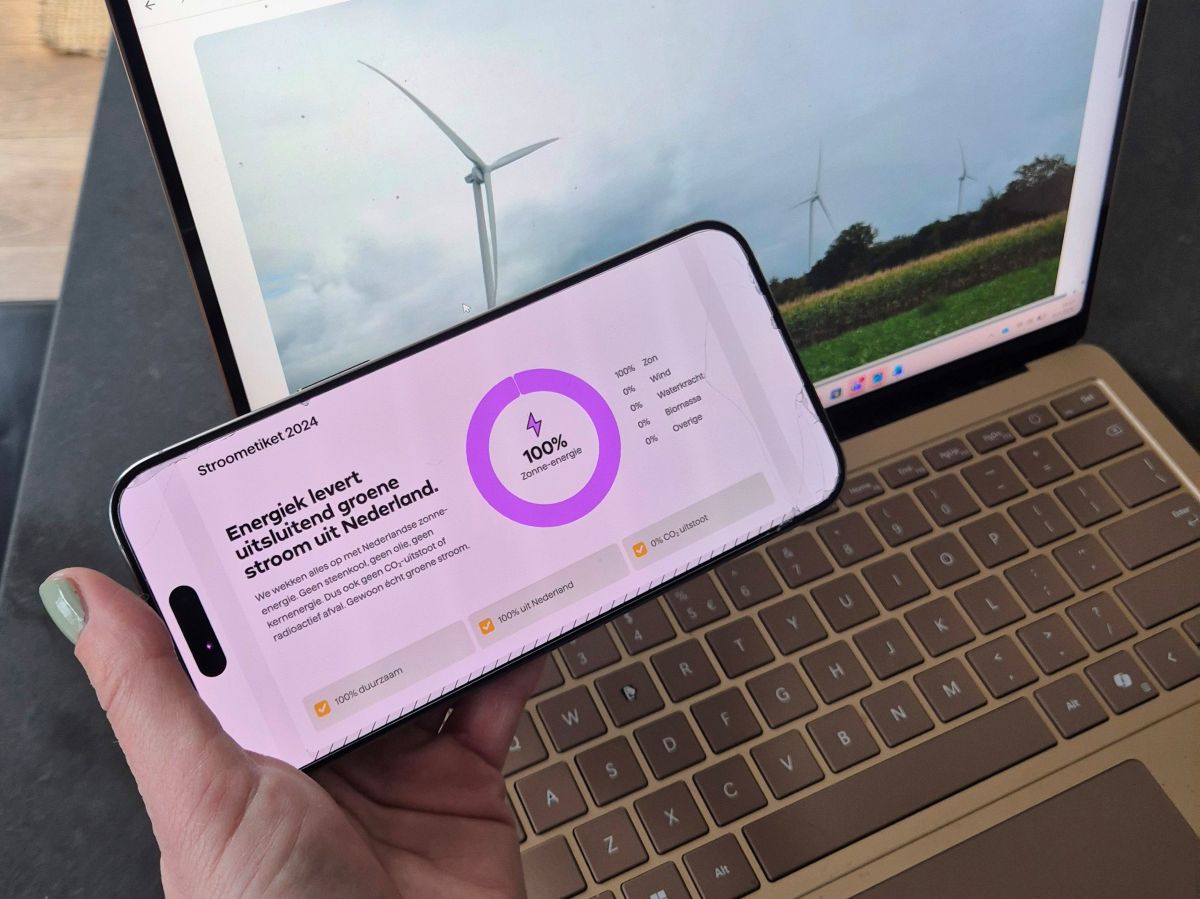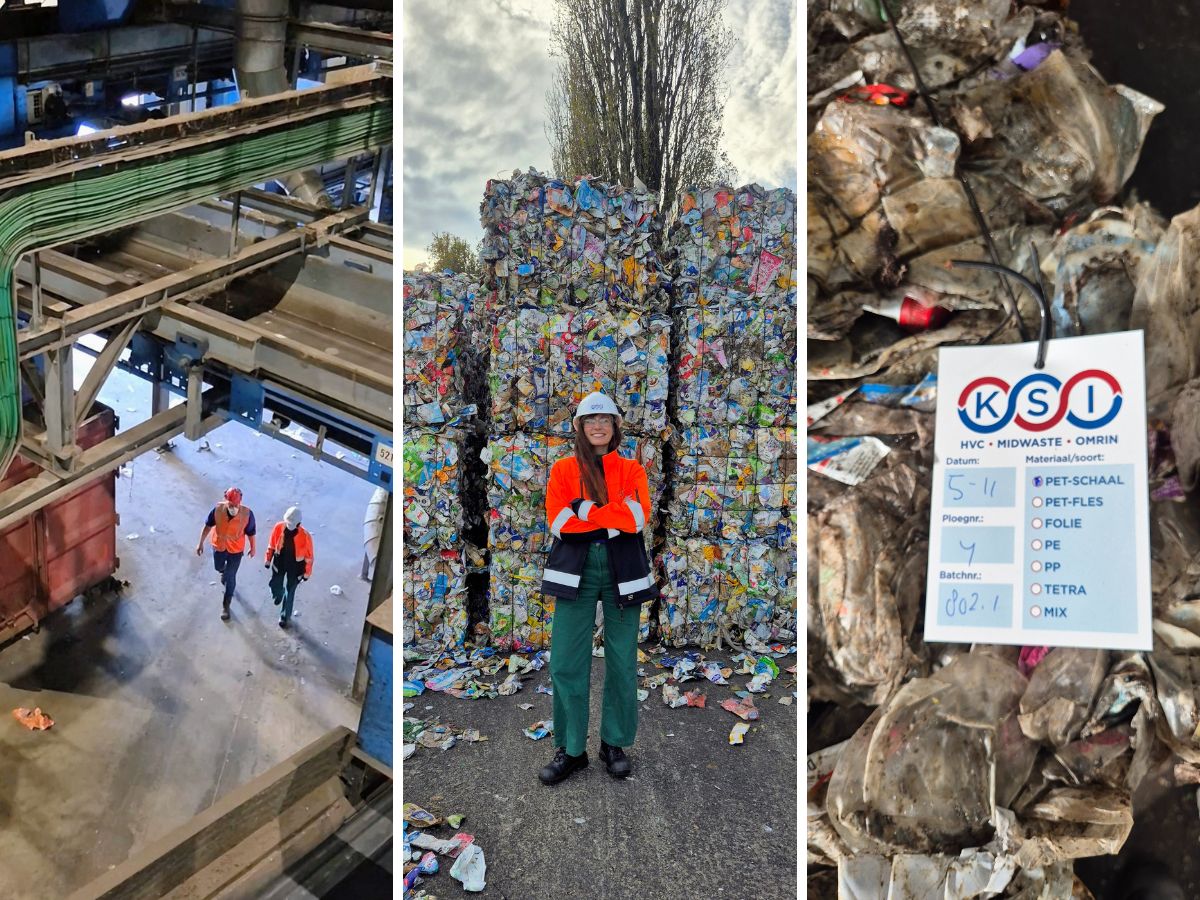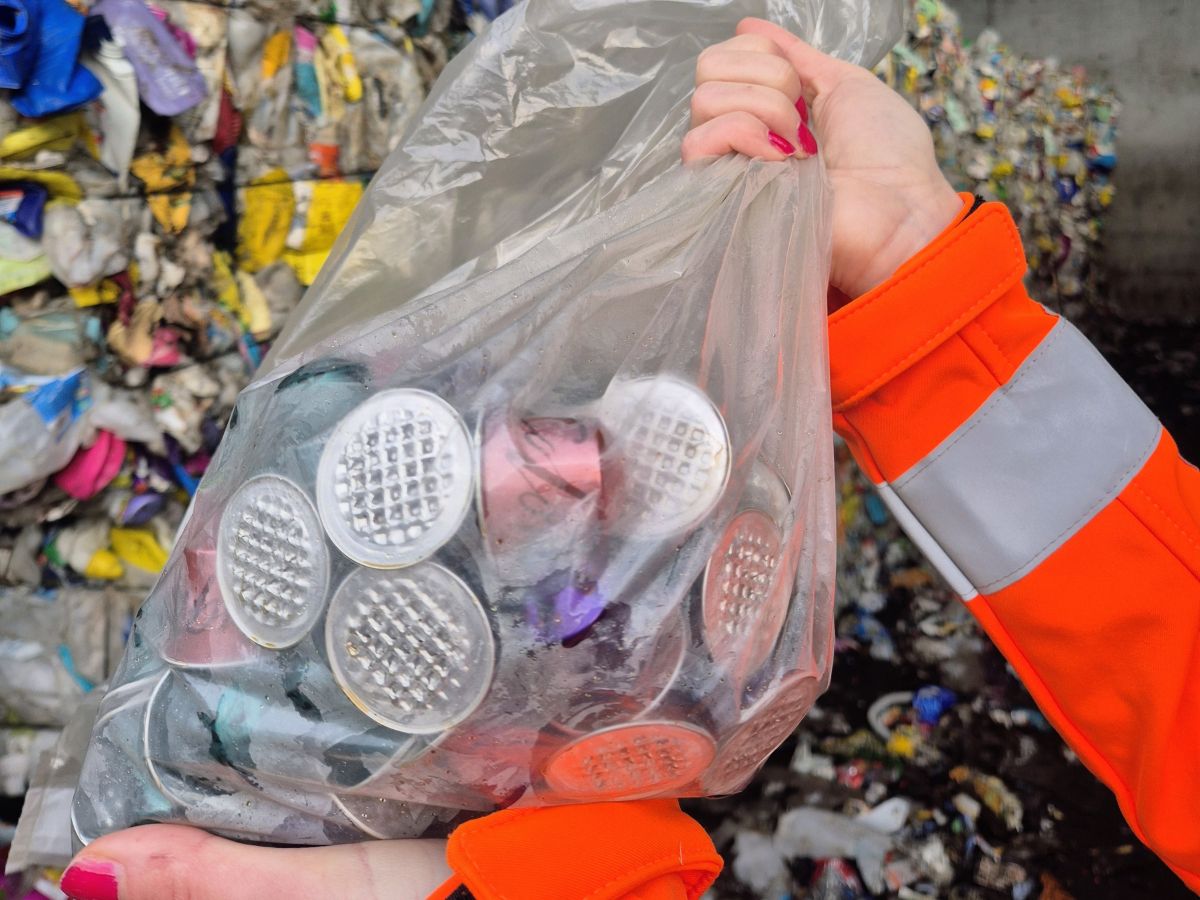Deposit packaging, we are very happy with it. If only more packaging could join this system. That would be a nice circular step! But as rookies, we wondered: which is actually more sustainable: a deposit bottle or can? In short, what is the best packaging choice when standing in front of the supermarket shelf? We figured it out!
Cans: the endless recyclers
In cooperation with Deposit Money Netherlands
Cans are made of aluminium, a material that really can be recycled endlessly. Any old can can become a new can again and again, and within 30 days without deterioration! This makes aluminium a recycling champion. Another plus: aluminium is superlight. As a result, transporting it takes less energy, and that makes a big difference in CO2 emissions. But then the downside: remelting aluminium requires a lot of heat, which costs energy. You can read more about recycling a deposit can here.
PET bottles: versatile and energy-efficient
Then we take a closer look at soft drink bottles. These plastic bottles are made of PET (polyethylene terephthalate), a plastic that is also easy to recycle. PET also has an advantage when it comes to energy consumption: it is melted down at lower temperatures than aluminium, making the recycling process more energy-efficient. Yet PET also has a disadvantage. After a few recycling cycles, the quality of the material decreases. To ensure that a bottle remains sturdy and usable, a small percentage of new plastic is added to the recycled plastic each time. This makes PET less ‘endless’ than aluminium, but it is still a sustainable choice as long as you recycle it properly. You can read more about recycling a deposit bottle here.


Whether a deposit bottle or can is more sustainable, you have to look at the recycling process.
Which is better: a deposit bottle or can?
If you look purely at recycling, aluminium initially seems to have an edge: it retains its quality and can be reused endlessly without having to add new aluminium. PET, on the other hand, is more energy-efficient to recycle, but the quality of the material degrades after a number of times so some new PET is always added to the recycled material to keep it of good quality.
For transport, both containers score well thanks to their light weight. Conclusion: can or bottle, it doesn't matter, as long as you return them. With every can or bottle recycled, you save raw materials and energy. So next time you are in the supermarket, don't think twice. Go for what you like, and then make a difference by leaving your packaging at a collection point. The real profit is in your behaviour: by returning cans and bottles properly, you give them a second (and third, and fourth...) life.
Tips for conscious deposit choices
- Always hand in: make sure cans and bottles are handed in neatly at a deposit point. Check out our coverage of Droppie.
- Keep them whole and clean: leftover drinks and damage can interfere with the recycling process, so return them empty. In this article, we explain why you should return a can - and a bottle, for that matter - undented.
- Set a good example: show how easy recycling can be and inspire others! We have listed some ideas on how to collect your deposits better, cleaner and more beautiful at home.
See more on Deposit Money Netherlands.
Photo credits: thegreenlist.nl.

